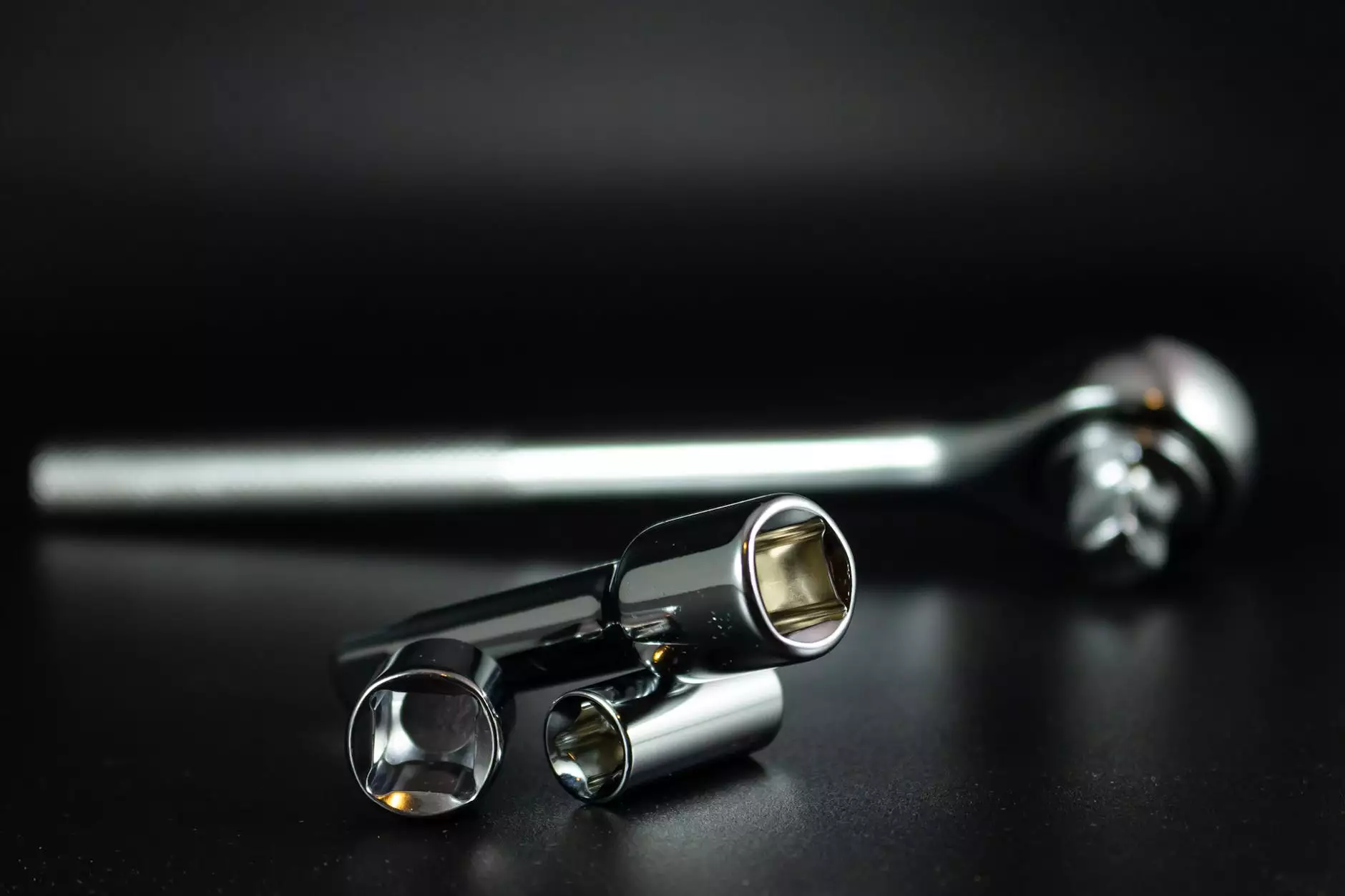The Essential Role of the Auto Transmission Torque Converter in Modern Vehicles

The automotive industry has seen remarkable advancements over the decades, with engines becoming more powerful and efficient. One critical component that often goes unnoticed yet plays a vital role in the functionality of automatic transmissions is the auto transmission torque converter. This article aims to provide a comprehensive understanding of this essential component, its operation, and its significance in the realm of automotive performance.
What is an Auto Transmission Torque Converter?
A torque converter is a fluid coupling that facilitates the transfer of power from the engine to the transmission in vehicles equipped with automatic transmissions. It serves several key functions:
- Power Transfer: It efficiently transmits engine power to the transmission.
- Torque Multiplication: It increases the torque available at low speeds.
- Smoothing Engine Operation: It isolates the engine from transmission input during deceleration.
Components of the Torque Converter
The design of an auto transmission torque converter comprises several vital components:
- Impeller (Pump): Connected to the engine, the impeller spins and creates fluid movement.
- Turbine: This component is connected to the transmission and receives the fluid flow from the impeller, thus turning it.
- Stator: The stator reverses the fluid flow, which enhances the torque multiplication effect.
- Transmission Fluid: An essential medium that facilitates the transfer of power through the converter.
How the Torque Converter Works
The operation of an auto transmission torque converter is a marvel of automotive engineering. At its core, it relies on fluid mechanics. Here’s how it works:
The Process of Power Transfer
When the engine runs, it drives the impeller, causing the transmission fluid to move. As the fluid flows toward the turbine, it imparts energy, causing the turbine to rotate. This rotation provides power to the transmission leading to the vehicle’s movement. The unique design of the torque converter allows for:
- Coupling Energy: As the vehicle speeds up, the converter locks up, allowing a direct drive from the engine to the wheels for improved efficiency.
- Slip for Smoothness: At lower speeds, the converter allows some slip, which prevents stalling and offers a smoother driving experience.
The Benefits of a Torque Converter
The incorporation of an auto transmission torque converter in vehicles comes with several advantages:
- Smoother Driving Experience: By providing seamless acceleration and reducing engine strain, the torque converter facilitates a comfortable ride.
- Improved Fuel Efficiency: Modern torque converters are designed with lock-up features that reduce slip at highway speeds, leading to better fuel economy.
- Enhanced Performance: Torque multiplication allows for better acceleration from a standstill, which is especially beneficial in climbing hills or towing.
- Reduced Wear: The fluid coupling effect reduces mechanical wear and tear on both the engine and transmission.
Selecting the Right Torque Converter
When it comes to choosing the right auto transmission torque converter, several factors come into play:
Engine Specifications
Understanding your vehicle's engine and its power characteristics is vital. High-performance engines typically require torque converters with higher stall speeds to take full advantage of their power.
Type of Driving
Evaluate how you intend to use your vehicle. For instance, if you are into racing, you may opt for a converter designed for high RPM applications. Conversely, everyday city driving could benefit from a torque converter that offers a balance of performance and fuel economy.
Cost and Quality
Investing in a high-quality torque converter is crucial. Look for reputable brands and check for warranties as they reflect the product's reliability.
Common Issues with Torque Converters
While torque converters are built to last, they can encounter issues over time:
Overheating
Excess heat is the enemy of torque converters. High temperatures can cause fluid breakdown and ultimately lead to converter failure. Regular maintenance, including fluid changes, can mitigate this risk.
Slipping
Slipping can occur when the converter does not provide adequate grip. This often indicates worn internal components or fluid issues. Addressing these symptoms early can prevent further damage.
Noise and Vibration
Unusual noises or vibrations during operation can signal mechanical problems within the converter. It is essential to diagnose and address these issues promptly to maintain vehicle performance.
Conclusion: The Integral Role of Torque Converters in Automotive Performance
In conclusion, the auto transmission torque converter is a fundamental component that contributes significantly to the overall performance of automatic vehicles. Its ability to transfer power smoothly, enhance engine torque, and improve fuel efficiency makes it indispensable in modern automotive engineering. Drivers and automotive enthusiasts alike should be aware of its function and importance as they maintain and upgrade their vehicles.
For the best in automotive parts and supplies, visit shenghaiautoparts.com. Our extensive range of products ensures that you find the right parts, including high-quality torque converters, to keep your vehicle performing at its best. Invest wisely, drive safely, and enjoy the ride!



